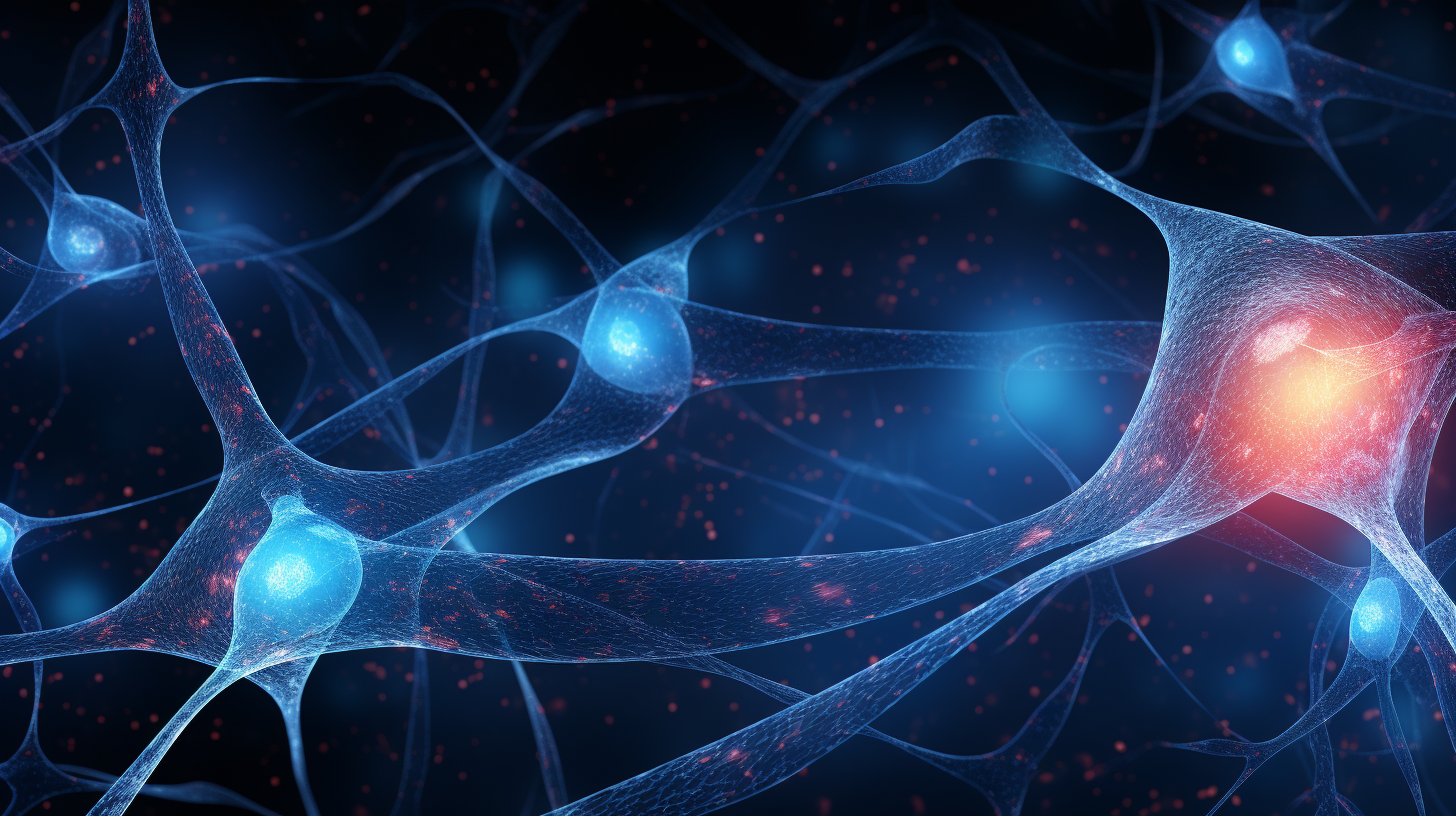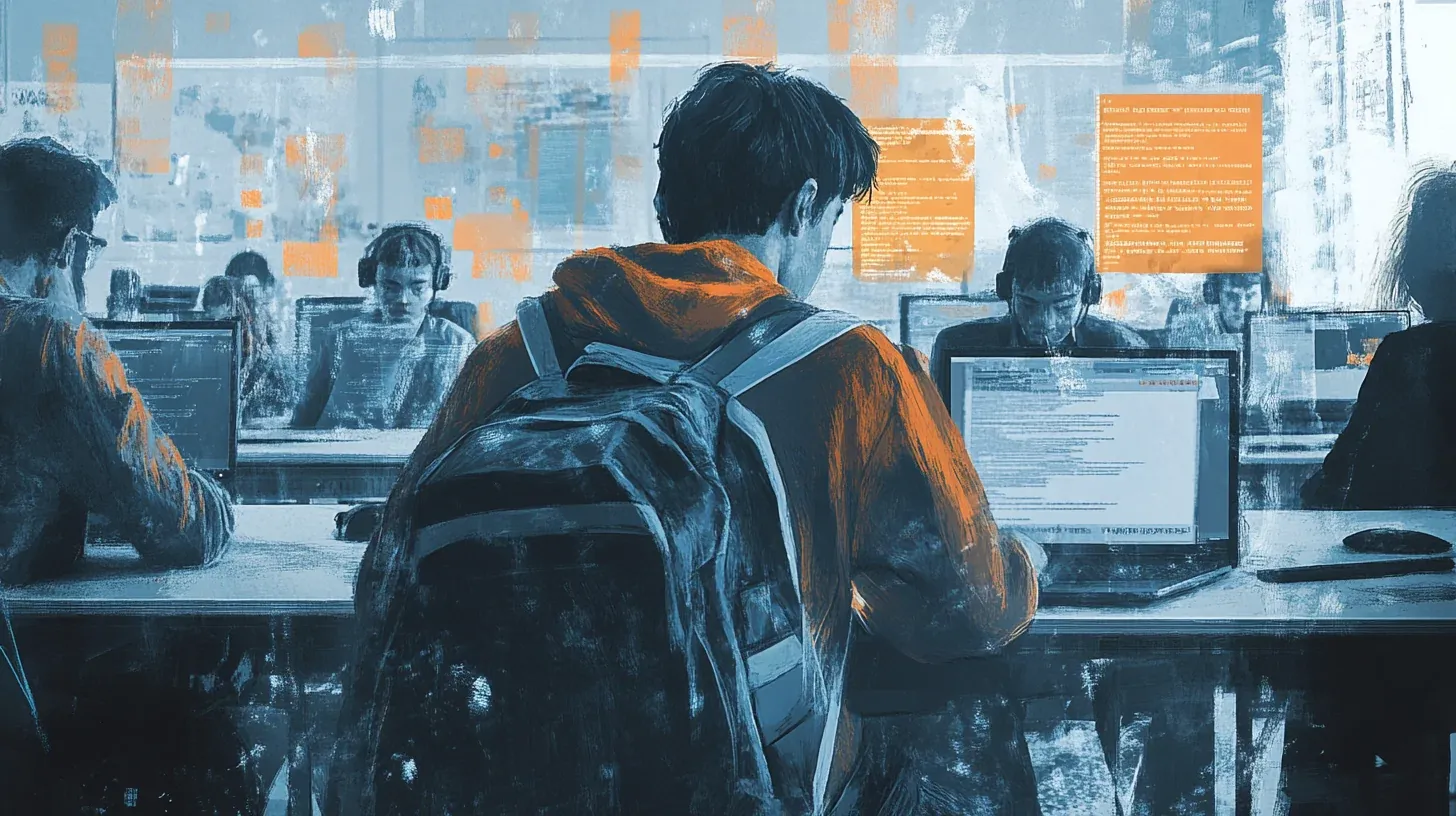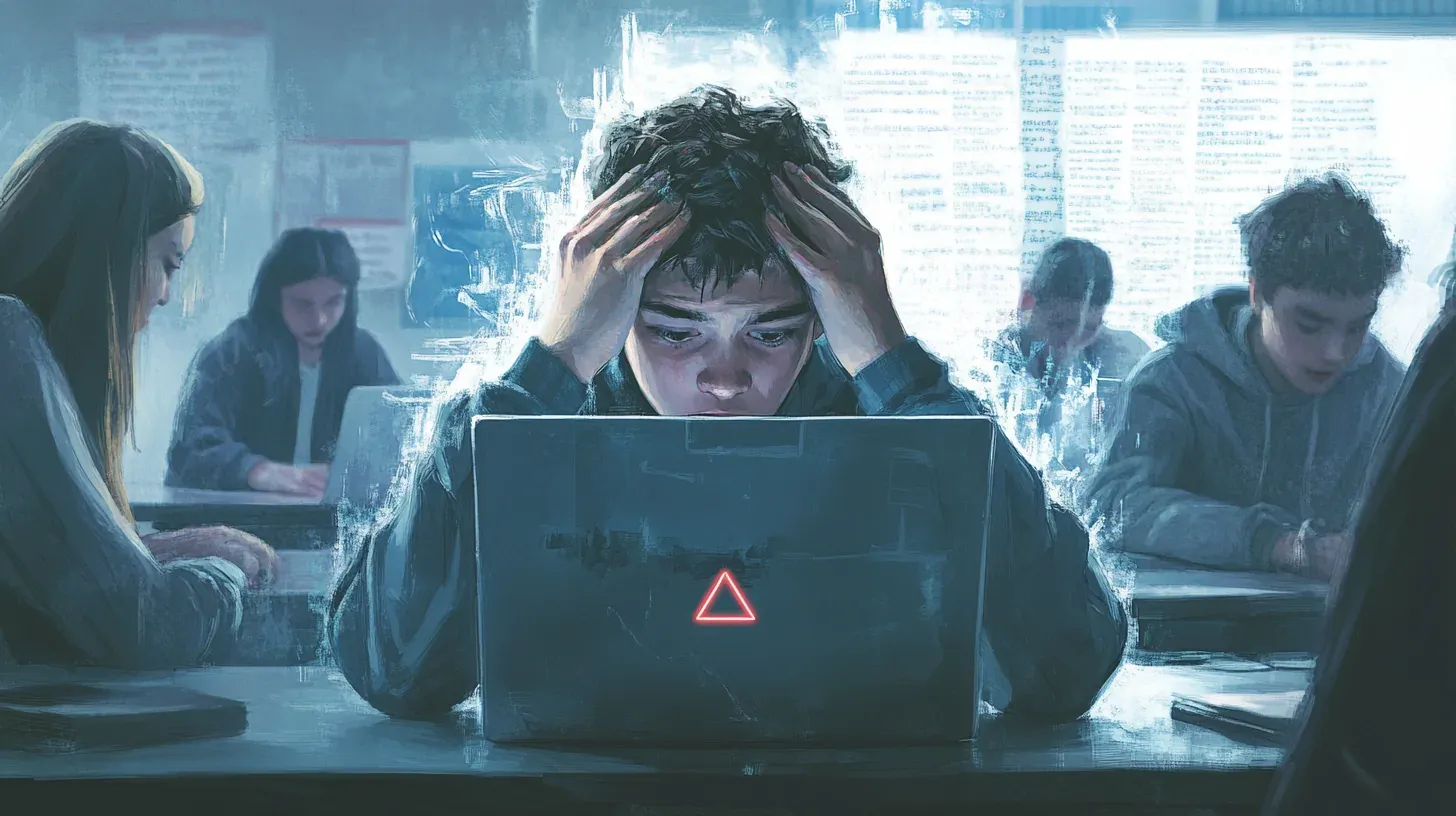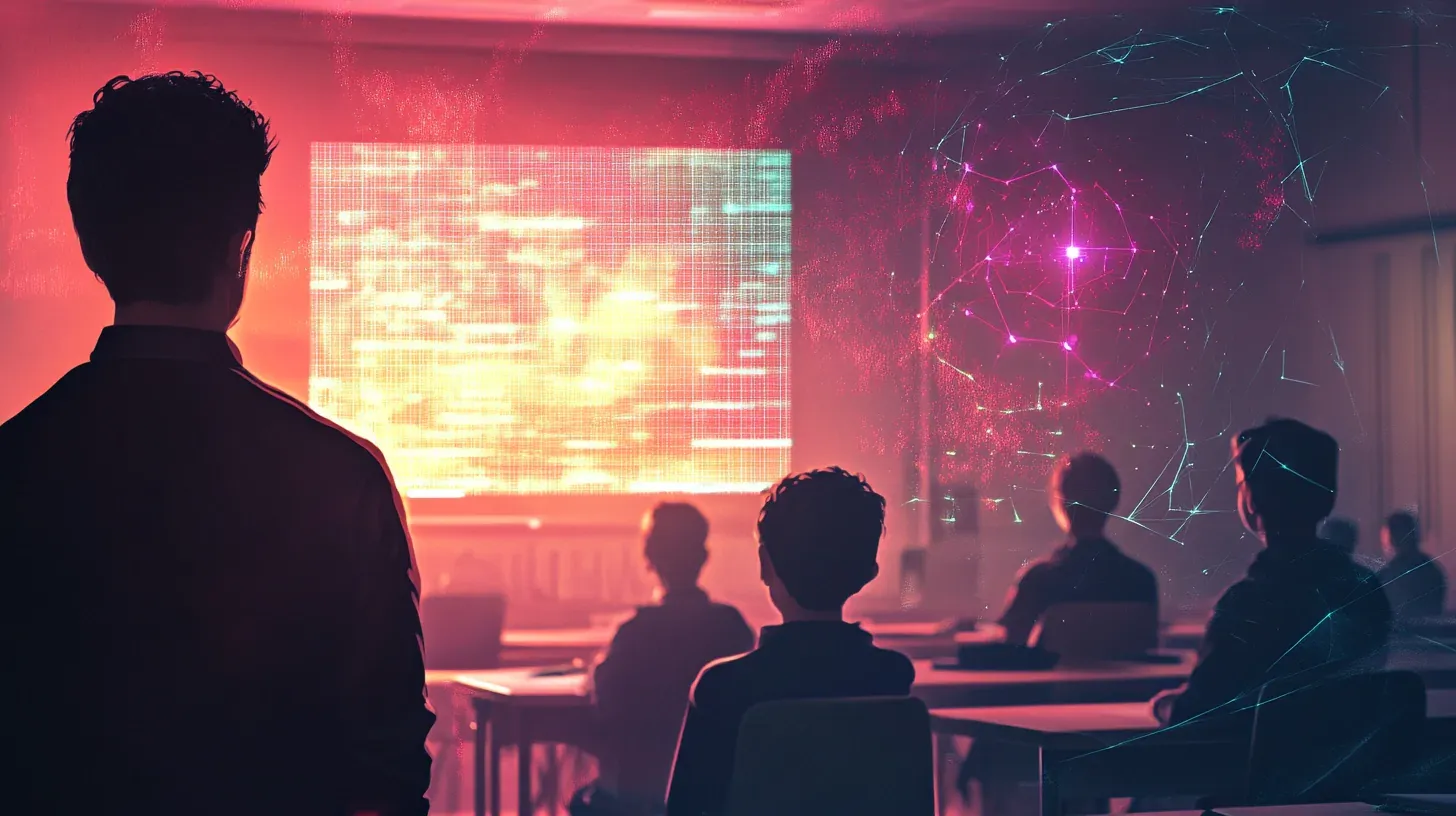The last week has been very eventful, and in this newsletter, we summarize what has happened internationally and nationally. The newsletter has become longer than usual, but we hope you can keep up, as the field of artificial intelligence in education is developing quickly.
This week, we focus on the EU's AI regulation that has just been adopted, Google's launch of their project Gemini, the opening of the knowledge center for digital technology understanding, the new PISA study, a new expert group to look at copyright and the return of Marie Bjerre as Minister for Digitization. In addition, we have compiled a news overview and recent articles on viden.ai.
EU AI Regulation adopted
On the night of Saturday, after over 36 hours of negotiations, the pieces finally fell into place for the new AI regulation. The European Parliament has decided to use the OECD proposal to define artificial intelligence instead of the previously proposed definition.
Claus has written an article with the most significant changes, including those relevant to the education sector.
Google launches Gemini - the language model of all language models (maybe)
Last week, Google launched their language model, which they call Gemini, and we wrote a short article showing some of the possibilities in teaching. It is misleading to call it a language model because, in reality, the model is multimodal and can work with text, images, audio, video, and programming code.
In our article, we did not examine the video where one of Google's employees has a conversation with Gemini, and it has also turned out that they have embellished reality a little too much. We do not know that artificial intelligence can have such fluid and human conversations with us. But it turns out to be a direction where technology is heading and is well in line with the computer as a cognitive partner, which Christian Dalsgaard and Francesco Caviglia, among others, are researching.
The opening of the knowledge center for digital technology understanding
On Monday, the new knowledge center for understanding digital technology was opened, and there were speeches from Minister for Children and Education Mattias Tesfaye, among others. All the speakers were that they delivered their take on what was central to them about understanding digital technology as a discipline.
Below, you can read some of the messages the knowledge center shared on their LinkedIn page.
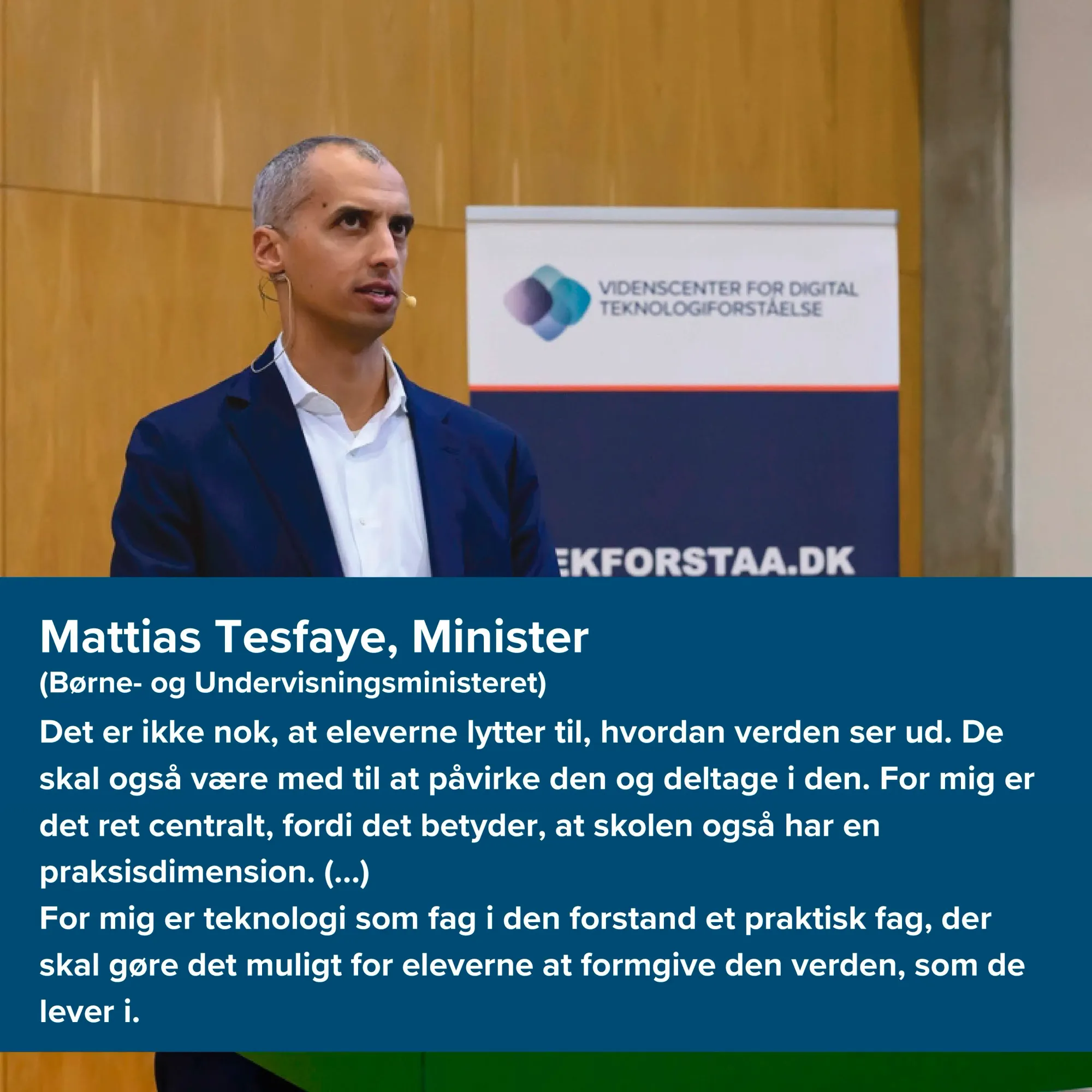
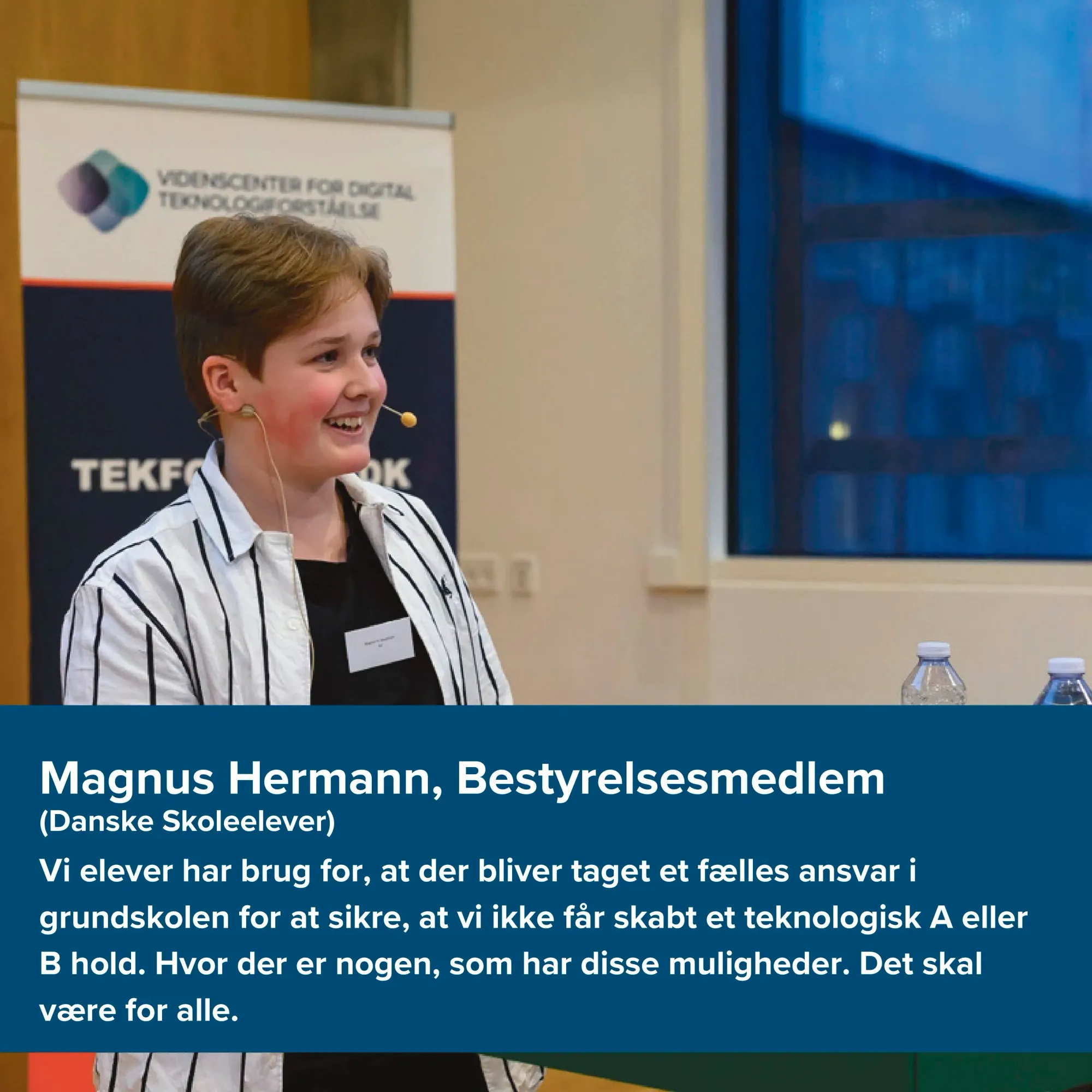
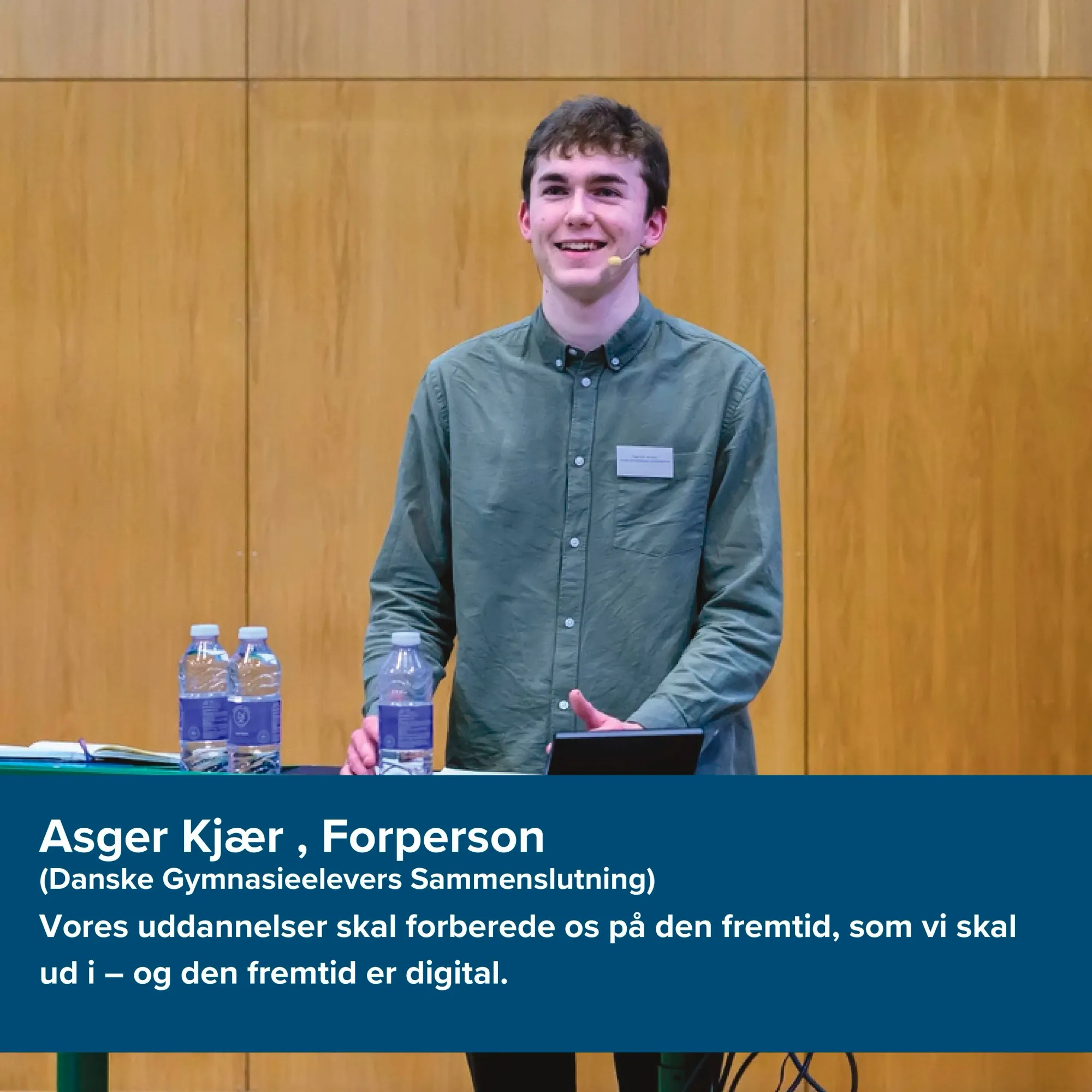
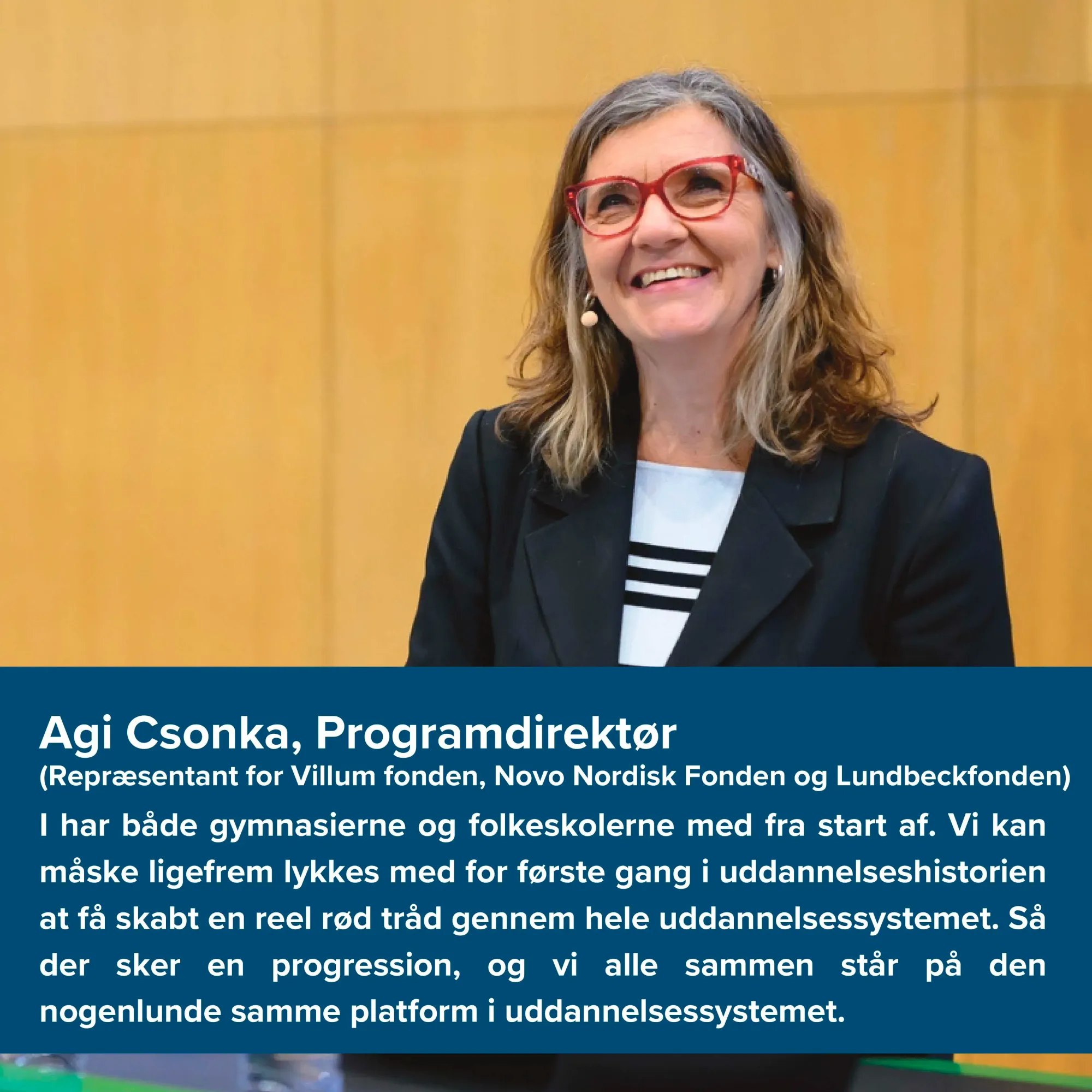
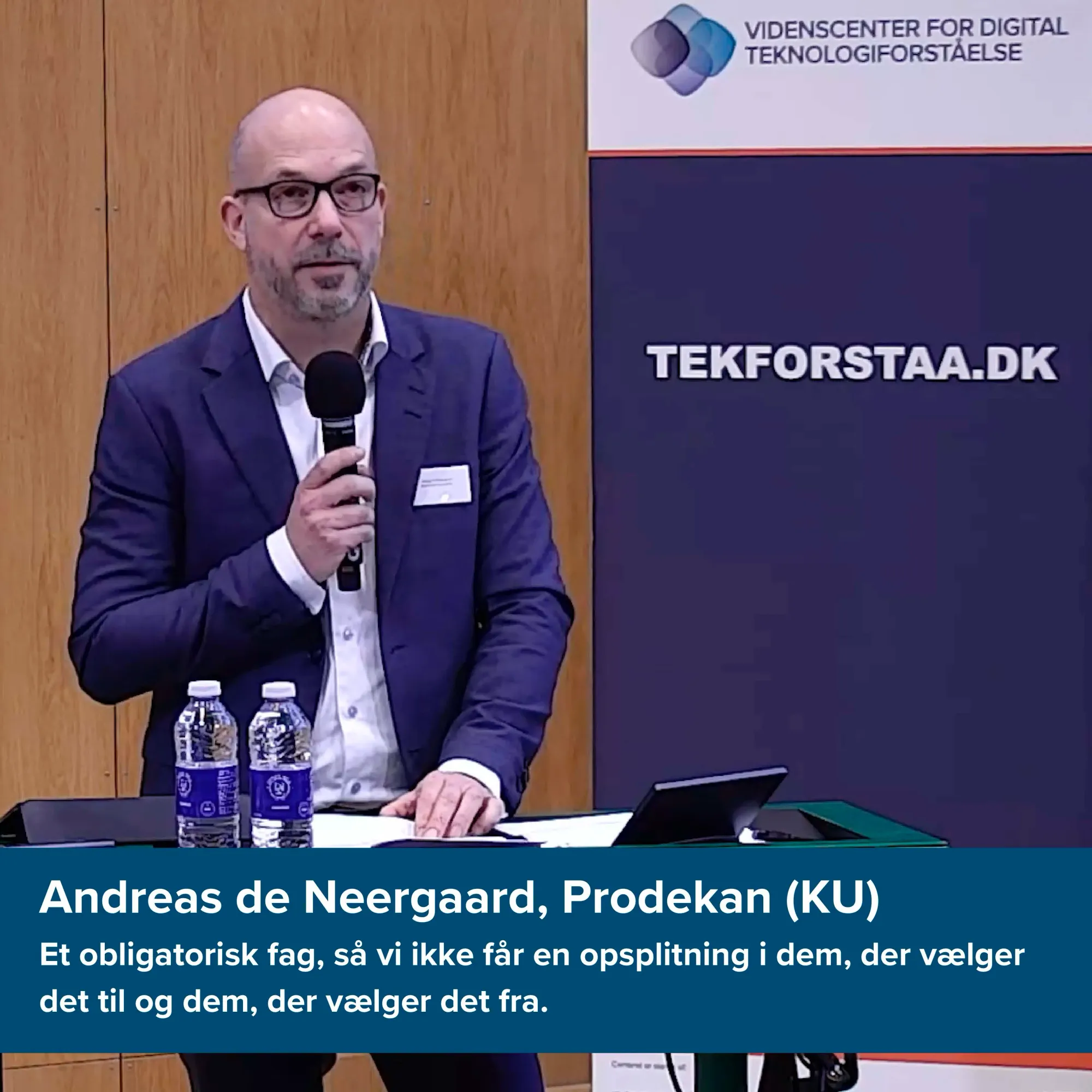
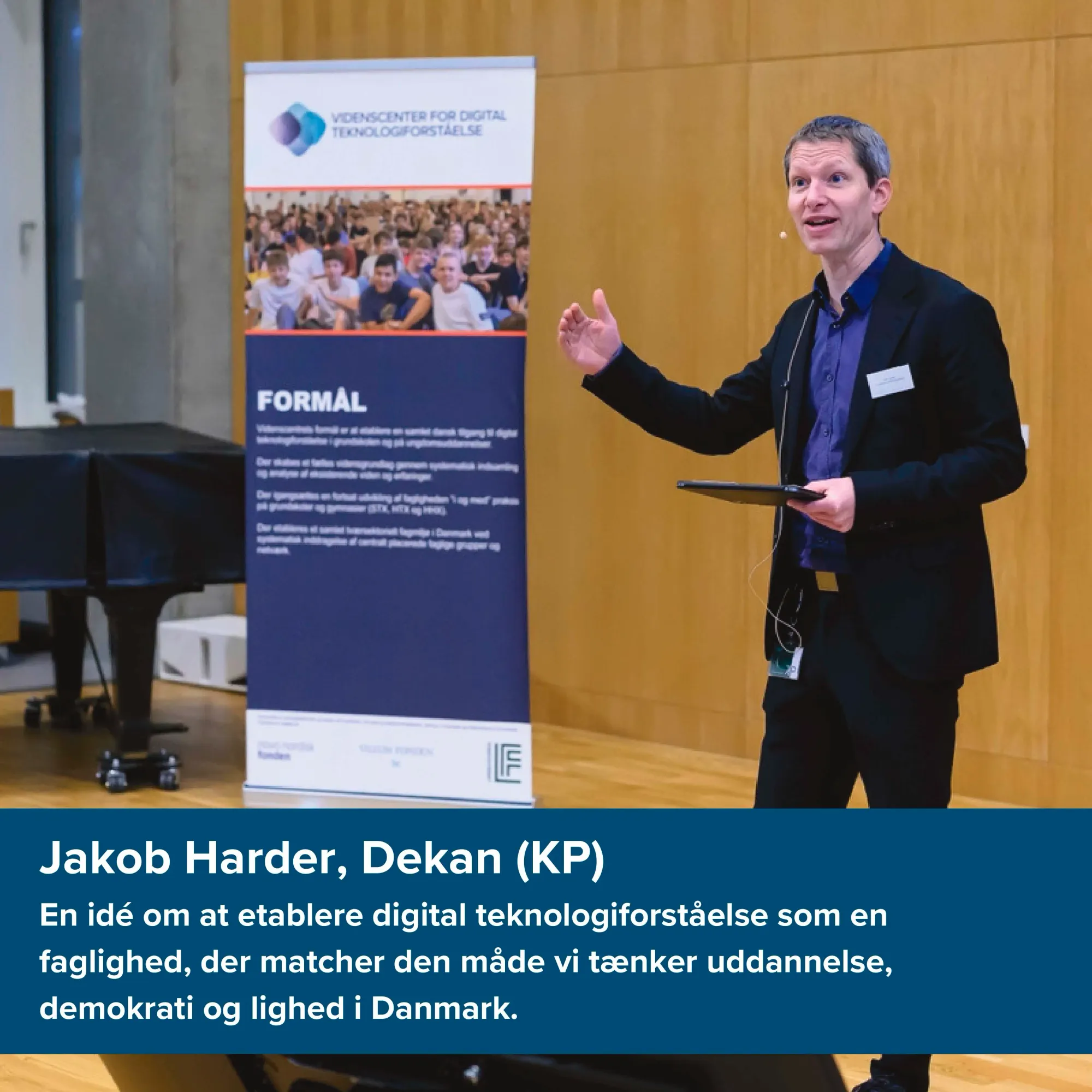
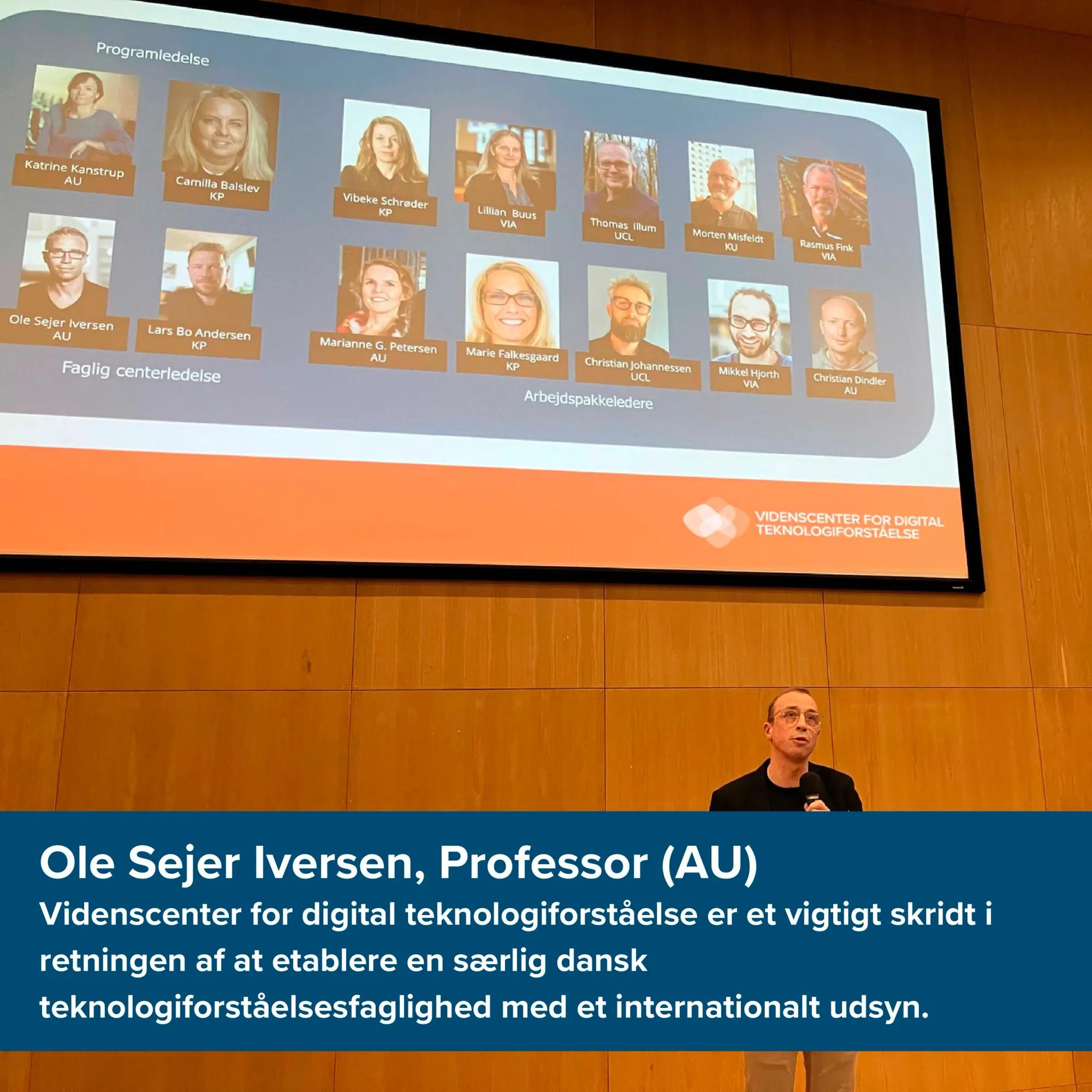
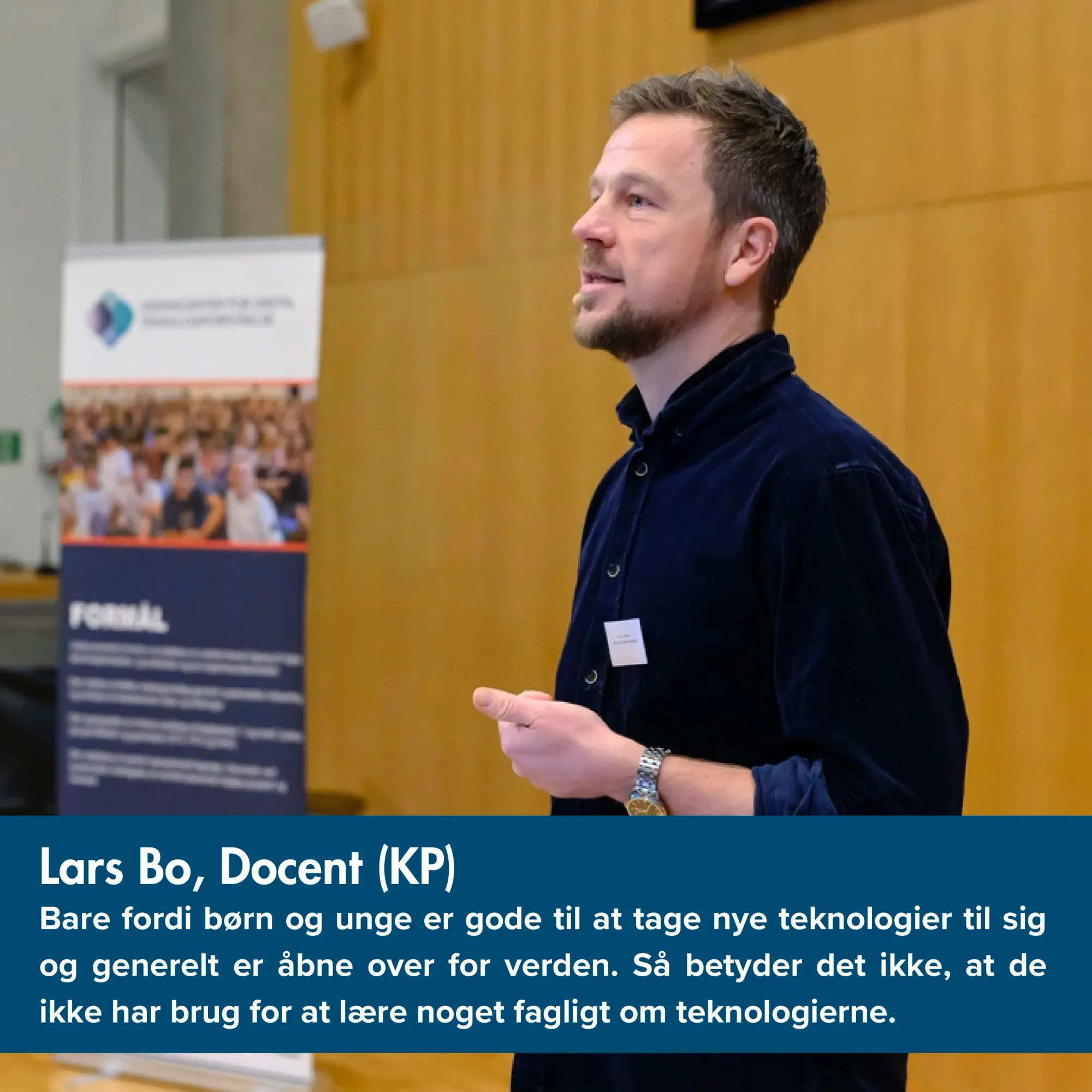
The Knowledge Centre for Digital Technology Understanding will explore how children and young people can constructively and critically be co-creators of the digital technologies that form the framework for our lives, communities, and society. The ambition is that all children and young people, regardless of gender, zip code, or social background, gain knowledge about and understanding of digital technology to constructively and critically participate as democratic citizens in a digitalized society.
The task of the knowledge center
The center builds on previous experiments and projects and, for the first time, brings together the Danish academic environments across universities, university colleges, schools, and colleges and students to establish a Danish approach and knowledge base for expected professionalism in digital technology understanding in primary and secondary education (STX, HHX, and HTX). Based on Danish school traditions and the latest international experiences, the center will deliver new educational initiatives and further develop an understanding of Danish and mathematics technology.
Organization and participants
The consortium is nationwide and has eight partners: The six university colleges, Aarhus University, and the University of Copenhagen. Aarhus University and University College Copenhagen are host organizations representing their respective sectors. They are responsible for anchoring digital technology understanding in upper secondary and higher education, primary and lower secondary education, and teacher education, respectively. The center is supported with DKK 50 million by the Lundbeck Foundation, the Novo Nordisk Foundation, and the Villum Foundation for a program period 2023 – 2028.
New PISA study
The new PISA study has been published and breathes life into the debate about screens in schools. And suppose Denmark begins doing the same as Sweden. In that case, the screens will remain the same in primary school, so we will find it challenging to include digital technologies such as artificial intelligence as an object field in education. However, before the debate turns into an excellent wing war, we want to highlight Martin Ingemann's interpretation of the PISA study. He emphasizes the importance of distinguishing between correlation and causality and criticizes the simplistic attribution of these tendencies to screen time in education.
Below, we have gathered some sources about the PISA study:


New expert group to investigate copyright and AI
Minister for Culture Jakob Engel-Schmidt will set up an expert group to recommend possible adjustments to the Copyright Act in light of how artificial intelligence affects the copyright system. The talented group will comprise representatives from collecting societies, trade associations, and technical experts. The expectation is that persons with technical knowledge, copyright knowledge, and practical experience in the field will represent the expert group.
The expert group will be set up in the new year and will work until the summer recess.
Digital society impact of the year.
Head of the new knowledge center for digital technology understanding, Ole Sejer Iversen, and Michael E. Caspersen, director of It-vest - collaborating universities, have been honored with the Digital Society Impact Award by Digital Dogme and DI Digital. They receive the award for integrating digital technology understanding into the Danish education system.
For more details, you can read the full article below:
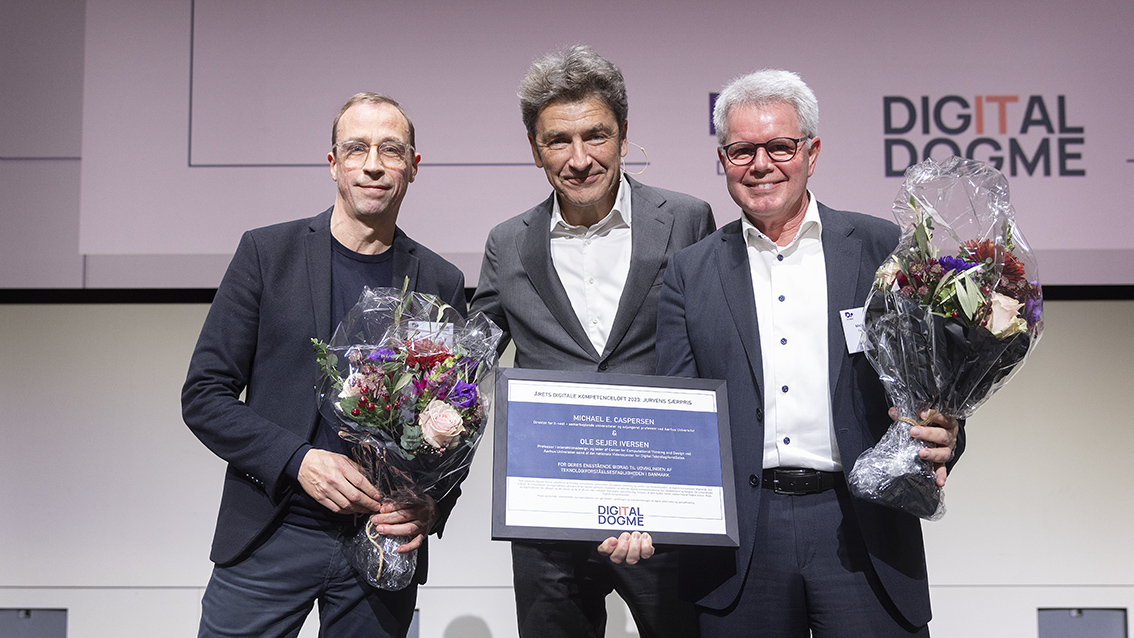
Marie Bjerre is back as Minister for Digitalisation and Gender Equality
Mia Wagner (V) resigns from the government as Minister for Digitalisation and Gender Equality after a few weeks due to health problems. Wagner fainted in his kitchen and has been on sick leave since December 1. The Prime Minister's Office has announced that Wagner's duties will be taken over by Marie Bjerre (V), who was previously replaced in the reshuffle.
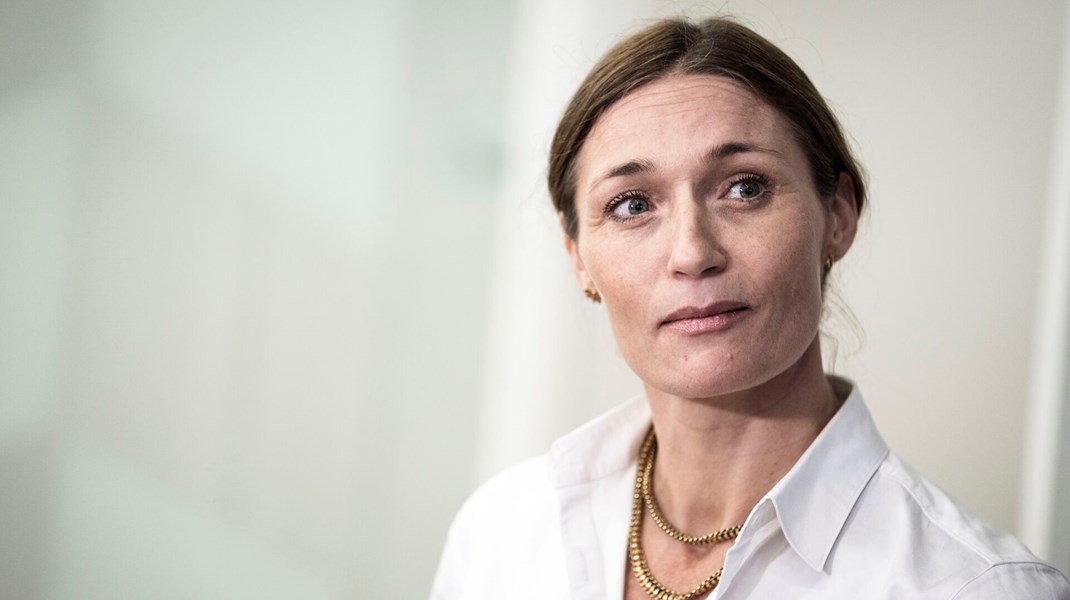
New articles on Viden.AI
This week, three articles have appeared on the blog. In addition to focusing on AI regulation, we have focused on Project Gemini and gathered the most essential information about how it can affect teaching. Claus is also working on a significant project investigating why language models generate falsehoods, and the first part was launched last week. The second part is coming this week.
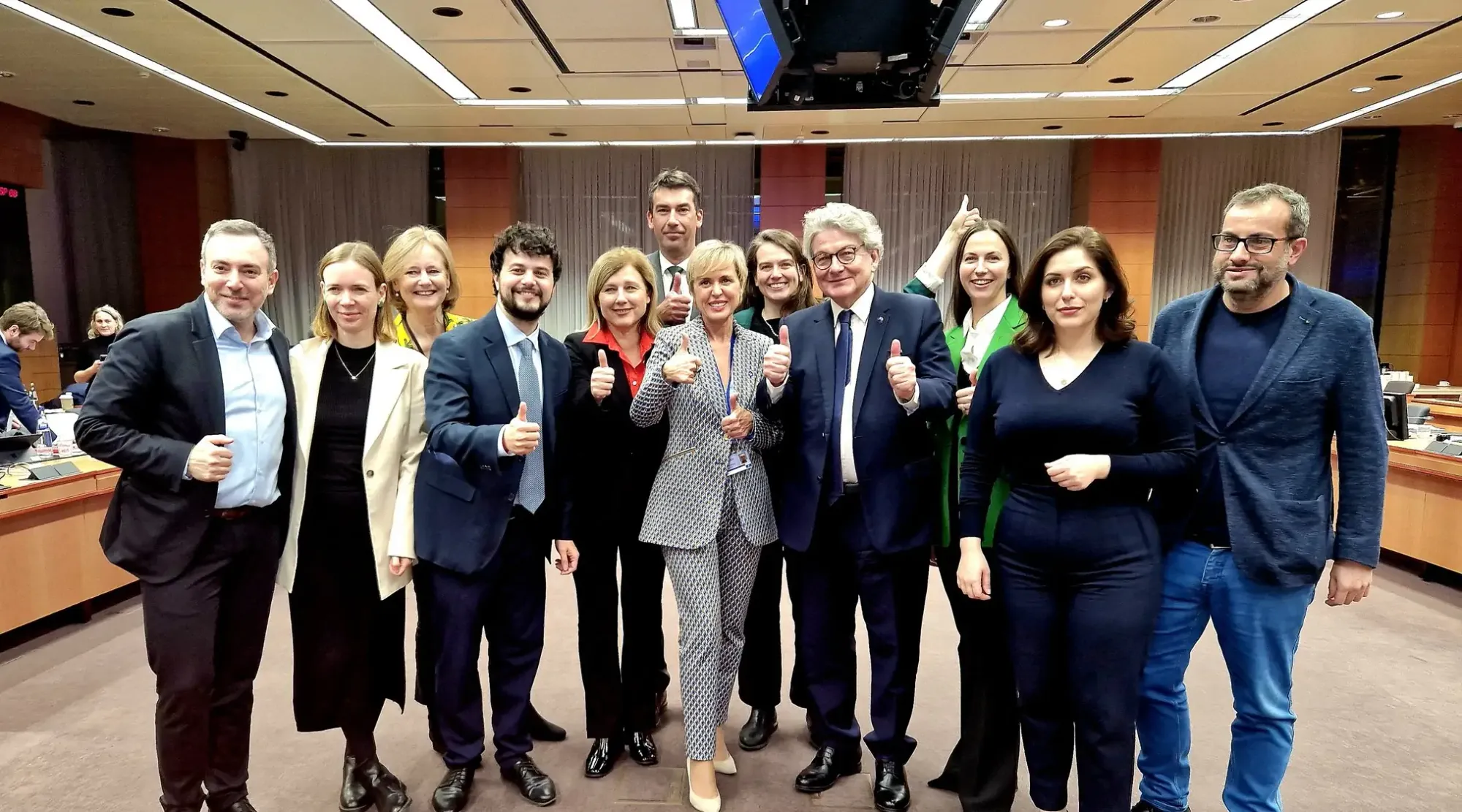
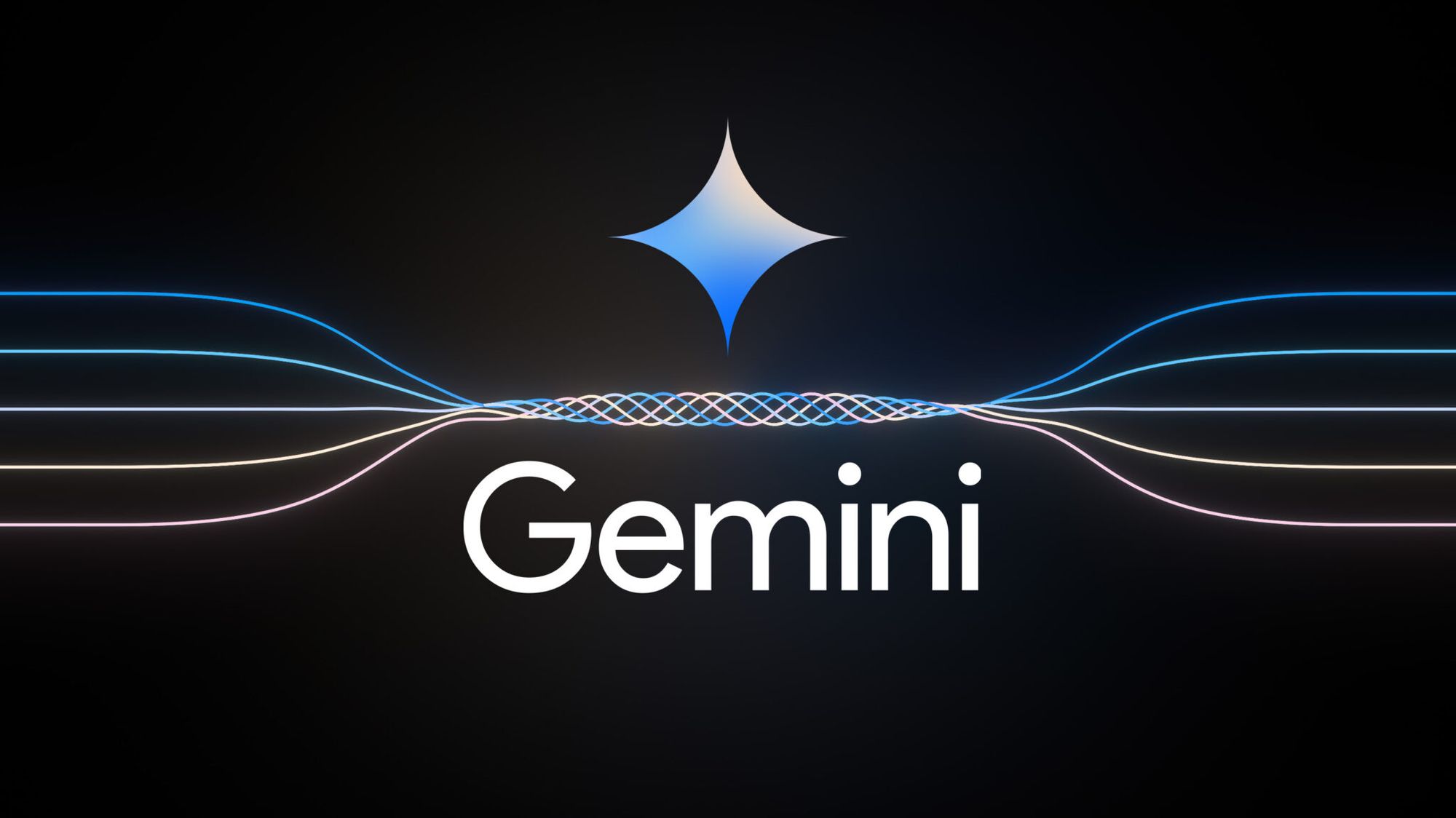
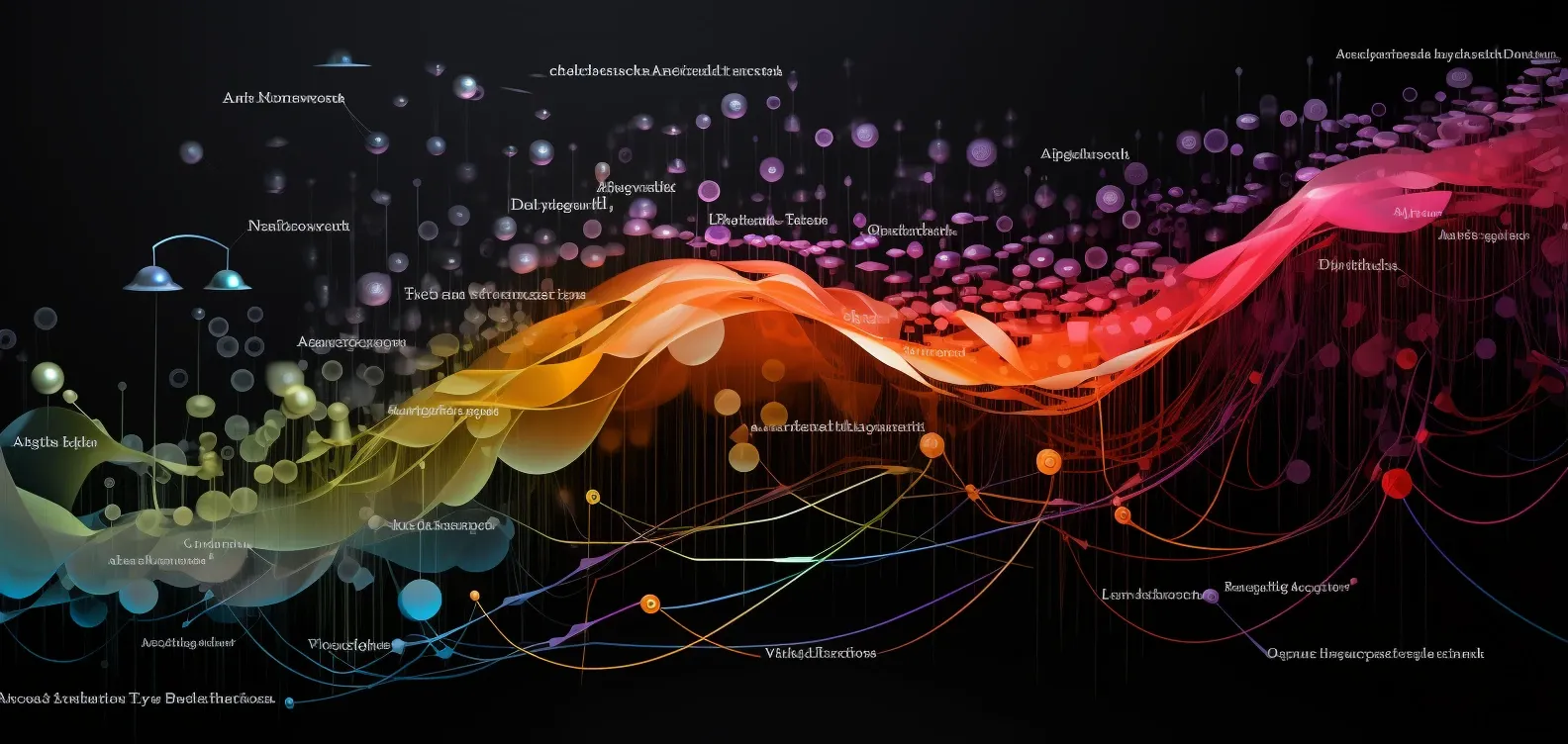
News
Below, we have gathered international and national news.
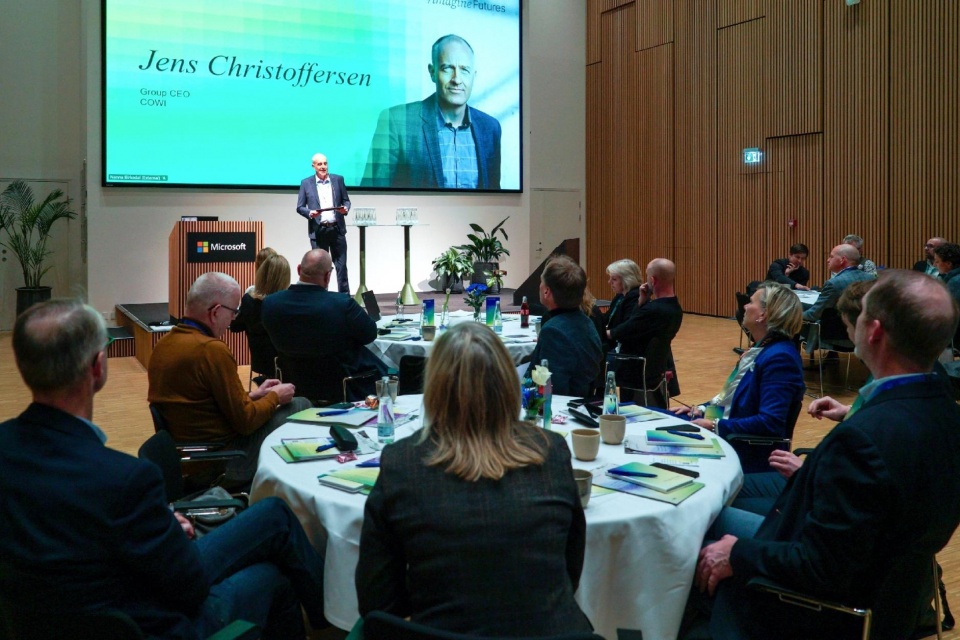

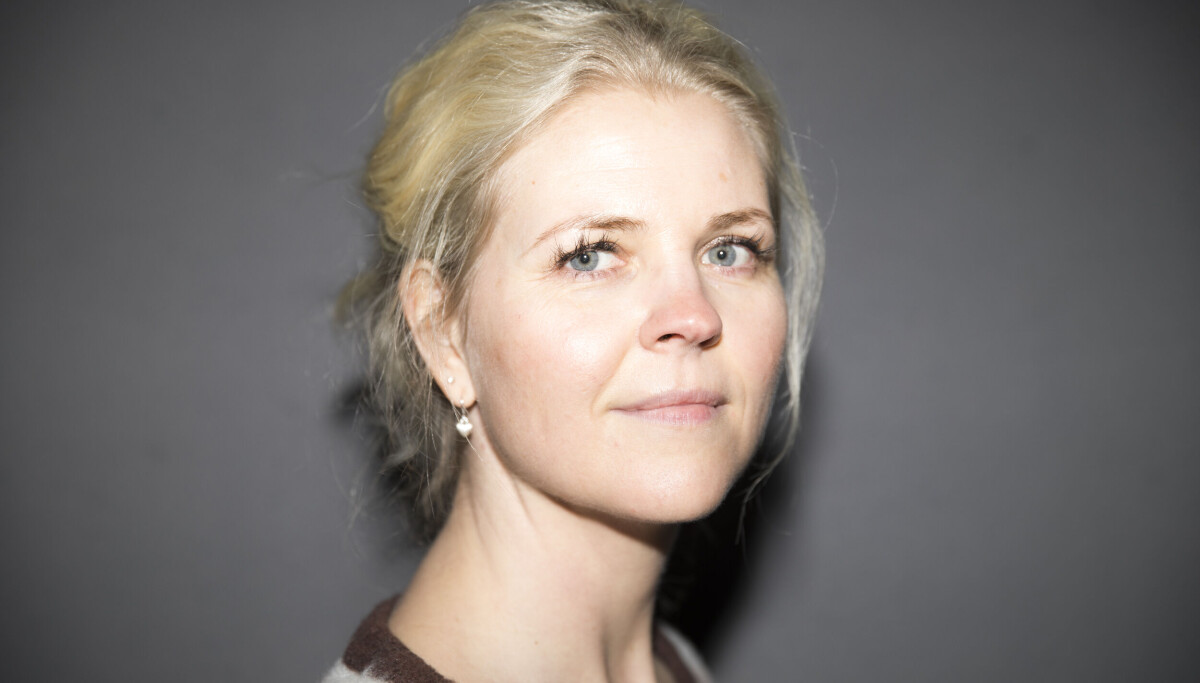

Bag betalingsmur
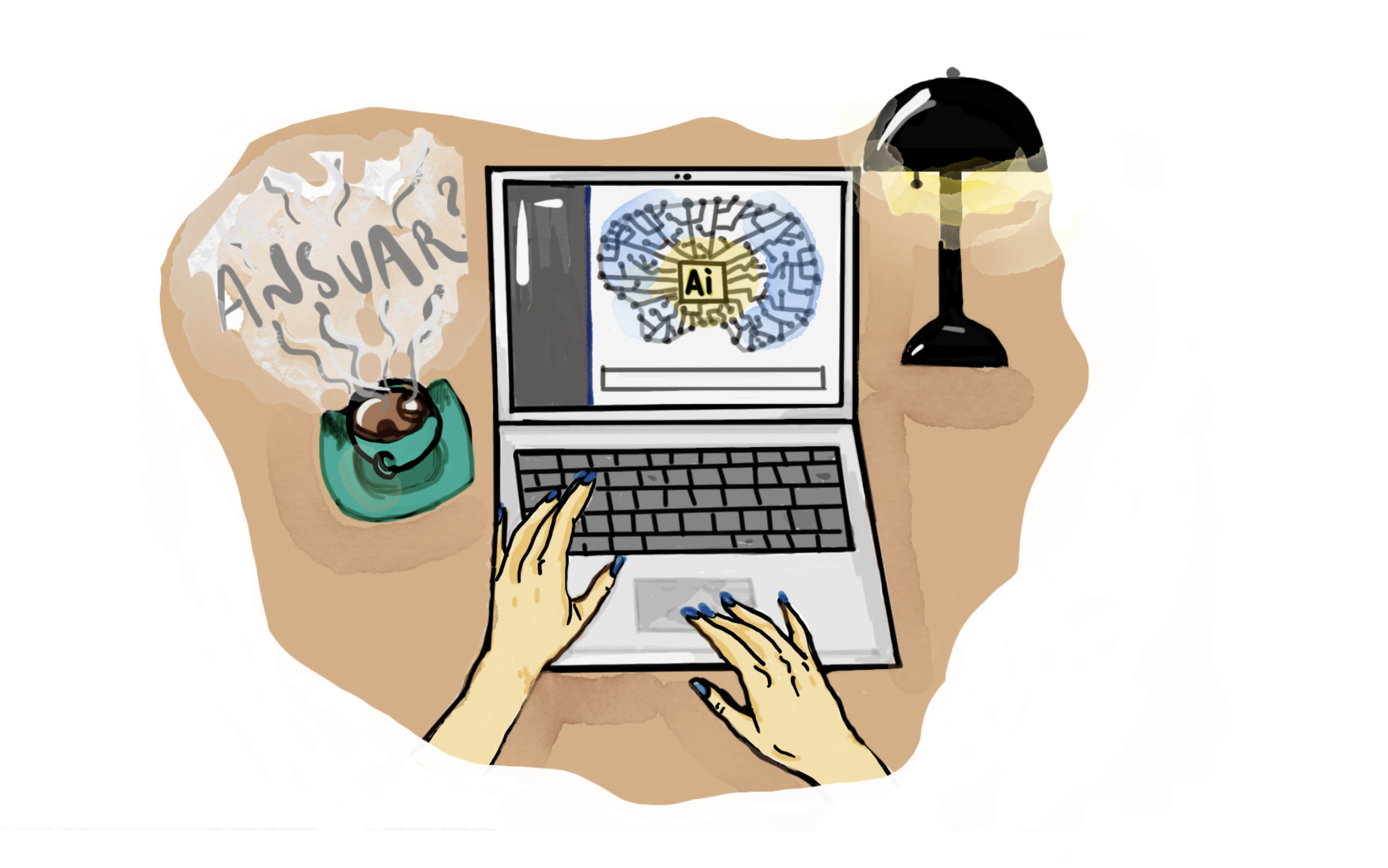

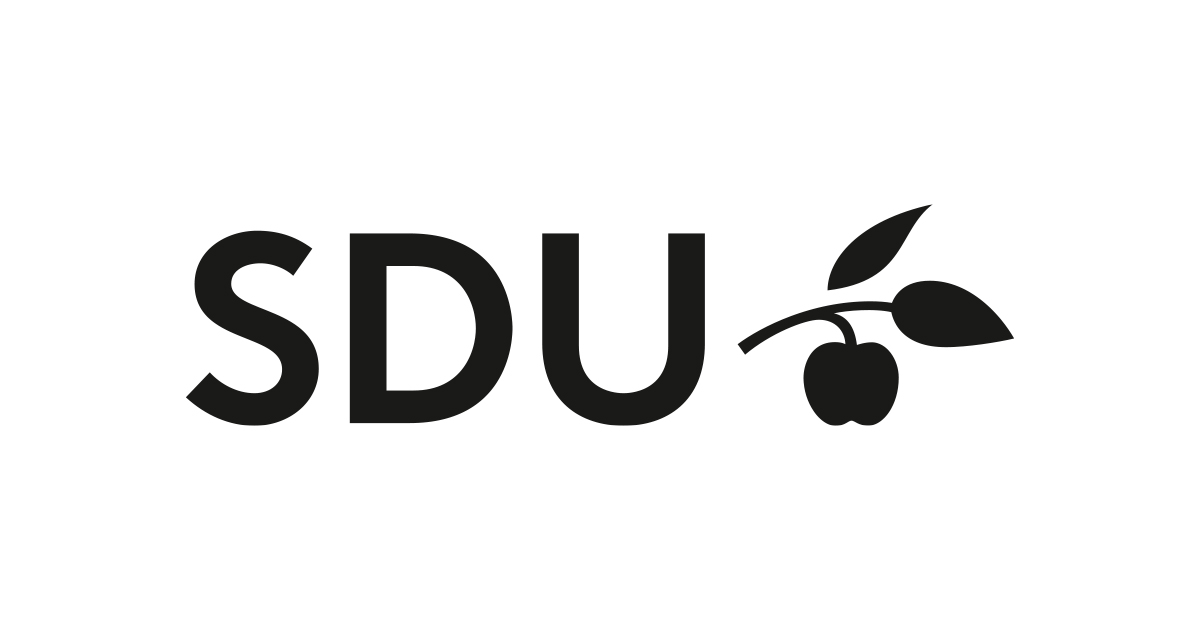

Scientific articles
Below, we select articles that have a slightly more scientific perspective. These are articles that we read ourselves to keep ourselves updated, and at the same time, we also know that they could be more interesting for most people.
A systematic review of ChatGPT use in K-12 education
I denne artikel undersøges brugen af ChatGPT og der er opsummeret 13 studier om ChatGPT's fordele og udfordringer i undervisningen, såsom at hjælpe lærere med planlægning og at tilpasse undervisningen til hver elev.
Zhang, P., & Tur, G. (2023). A systematic review of ChatGPT use in K-12 education. European Journal of Education, 00, 1–22. https://doi.org/10.1111/ejed.12599
Exponentially Faster Language Modelling
Forskere fra ETH Zurich har udviklet UltraFastBERT, en teknik, der kan øge hastigheden på de store sprogmodeller. Ifølge artiklen har dette stort potentiale for store sprogmodeller som OpenAI's GPT-3, men yderligere softwareoptimeringer er nødvendige.

